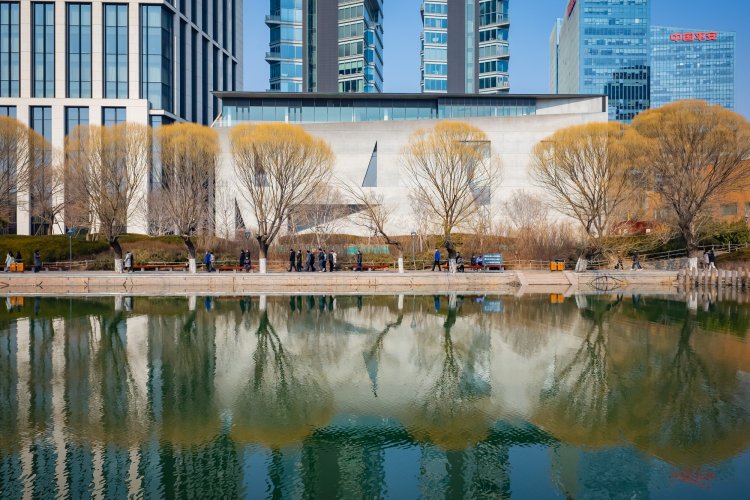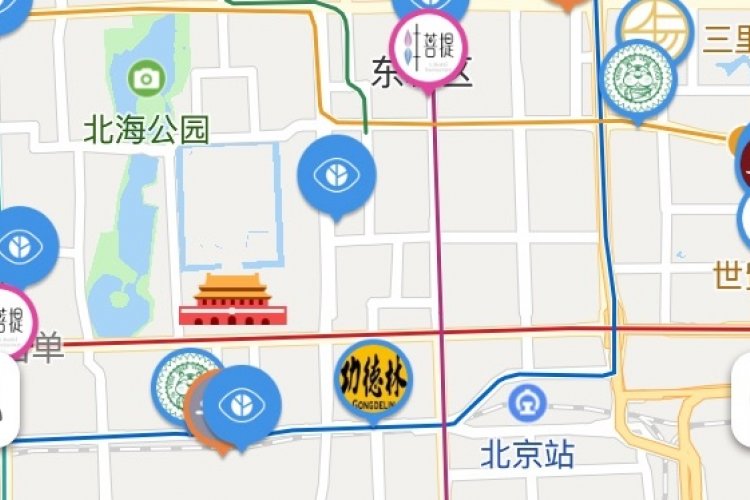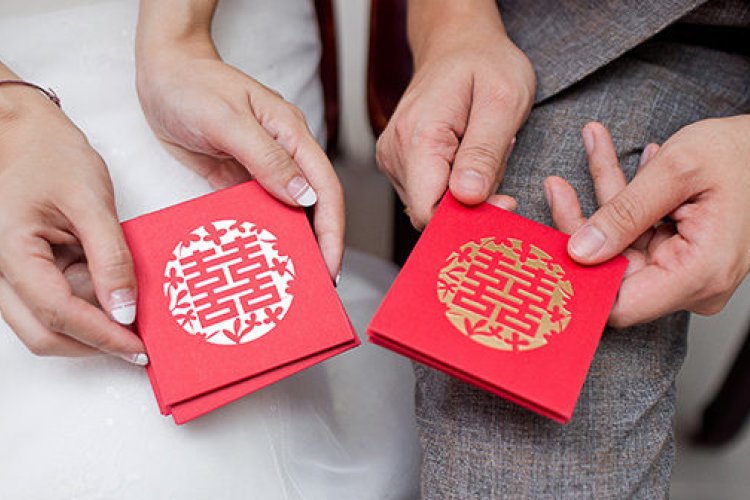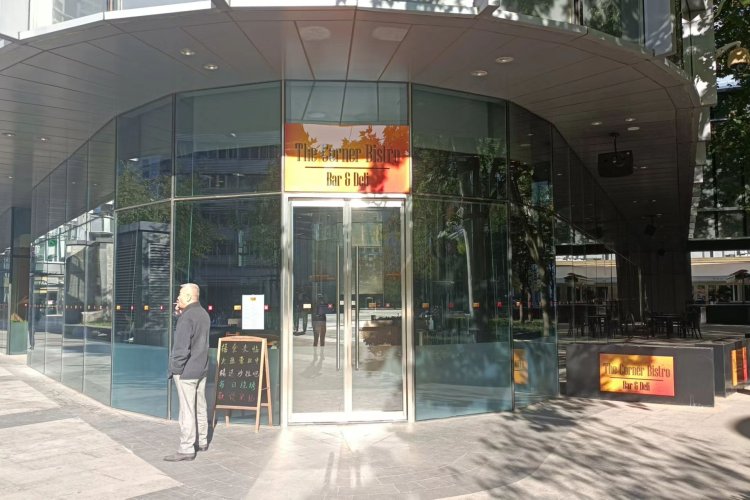The problem is finding an organic farm that can deal with the toxins in the soil and the water. No matter how much farmers avoid the pesticides/insecticides/fertilizers, they can't avoid the contamination that has seeped into just about every acre of arable land in the east part of China.
Organic produce is only as clean as the water it gets and the soil it grows in. Thank heavens sunshine isn't polluted. Oh, wait...






